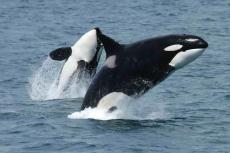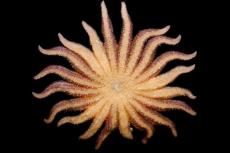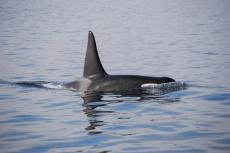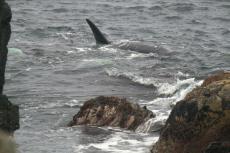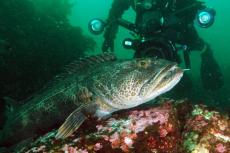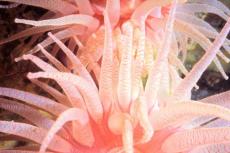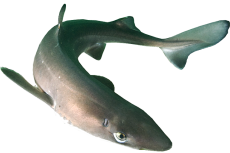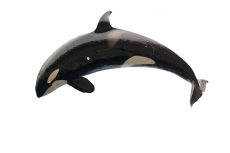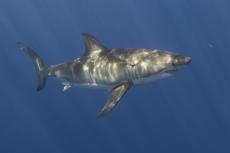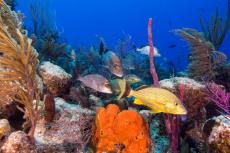New Shark Species Showing up in Puget Sound
Oregon State University researchers have confirmed the presence of the broadnose sevengill shark and the endangered soupfin shark in Puget Sound, marking a significant development in the region’s marine biodiversity.
During ten days of fieldwork in 2022 and 2023, researchers caught ten sharks from the broadnose sevengill and the endangered soupfin species.
The Salish Sea separates northwest Washington from British Columbia's Vancouver Island. The 6,500-square-mile body of water stretches into Washington as Puget Sound, and the sharks were caught close to Olympia near the sound's southernmost point.
For decades, only one broad-nosed seven-gill shark had been found in the Salish Sea, but Oregon State University scientists have found nine of them in South Puget Sound in recent years. They also found a soupfin shark.
Brink of extinction
Once abundant in these coastal waters, soupfin sharks have now become critically endangered due to overfishing. The high demand for their fins and livers, particularly for the eponymous shark fin soup, has driven them to the brink of extinction. Despite reduced fishing pressure, the species has not recovered, underscoring the urgent need for conservation efforts and federal protection under the Endangered Species Act.
Like the broadnosed sevengill shark, the soupfin shark is found in temperate waters around the globe and is a top predator in any ecosystem it inhabits. It eats cephalopods and a variety of fish. Soupfin sharks are known as strong swimmers whose migrations can exceed 1,000 miles.
The study's lead author, Ethan Personius, said the Salish Sea has experienced pervasive shifts in species abundance and composition, industrialisation, and significant habitat degradation. The appearance of soupfin sharks may result from climate change and changes in prey availability.




